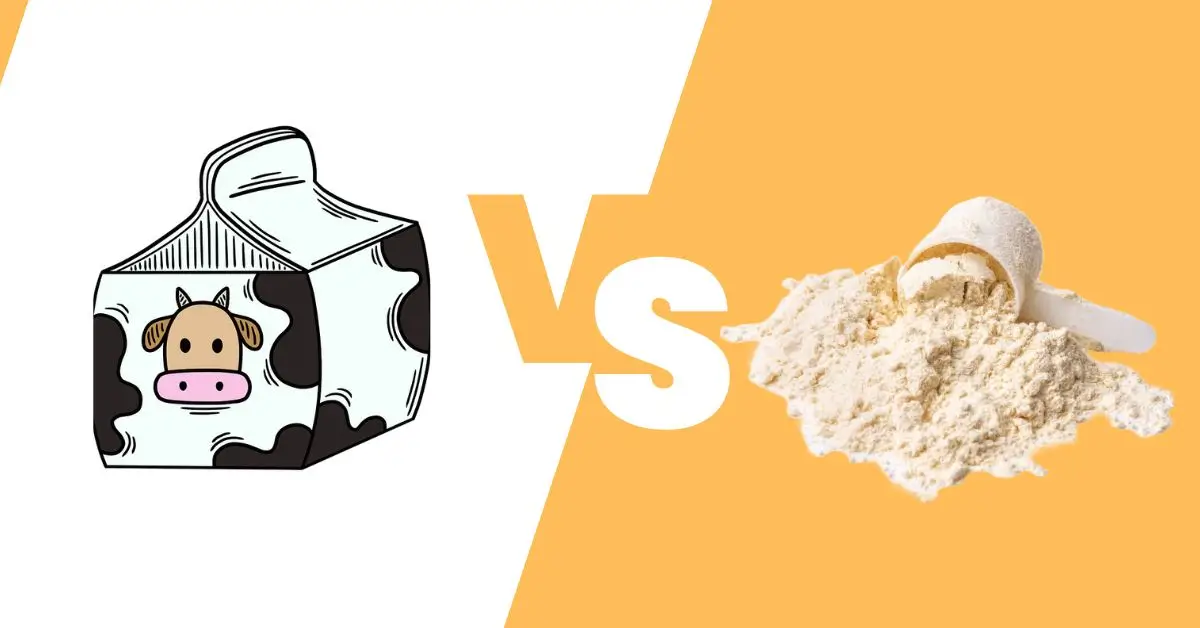Protein powder, especially whey protein, is a popular supplement often found on the market. Whey protein is derived from milk, which contains two primary types of protein: casein (80%) and whey protein (20%). This article will demystify protein powder, clarify its role, and provide guidance on its consumption. Let’s dive into the details!
What is Whey Protein?
Whey protein is extracted from milk and processed into a powder form. Since its raw material is milk, it falls under the category of processed milk products, not medicine. There is a common misconception that consuming protein powder is akin to taking medication, but this isn’t true. Protein is a fundamental nutrient everyone needs, not just those who exercise. It is essential for building organs, muscles, hair, and nails.
Daily Protein Requirements
So, how much protein do we need daily? For the average person who doesn’t exercise, the recommended amount is equivalent to their body weight in grams. For instance, if you weigh 60 kg (132 lb), you should consume about 60 grams of protein per day. However, for those engaging in high-intensity exercise or weight training, the requirement increases to 1.3 to 2 times their body weight. A 60 kg individual might need between 85 to 120 grams of protein daily. It’s crucial to distribute this intake evenly across meals and supplements to maintain a stable concentration of amino acids in the body, fostering a better environment for muscle growth.
Who Needs Protein Powder?
High-Intensity and Heavy Weight Training Enthusiasts
Those involved in high-intensity or heavy weight training are the primary candidates for protein powder. Even if you train only twice a week, protein powder can help meet your protein needs for muscle recovery and growth in the days following your workout.
Individuals with Irregular Eating Habits
If you have irregular eating schedules or long gaps between meals, protein powder can be a convenient way to ensure adequate protein intake. For instance, if there is a significant delay between your last meal and the next, a cup of protein powder can fill the gap.
People Unable to Control Their Diet
Students eating in school cafeterias or business travelers with monotonous diets might struggle to get enough protein. In such cases, protein powder can supplement their diet effectively. However, those who cook at home and can balance their diet well may not need additional protein powder, even if they engage in high-intensity training.
Who Should Avoid Protein Powder?
Individuals with Digestive Issues
People with poor gastrointestinal digestion or lactose intolerance should be cautious with protein powder. It can cause diarrhea or bloating. If you still want to use protein powder, consider pairing it with solid food or gradually increasing the amount to help your body adjust.
People with Balanced Diets
If you have a well-balanced diet rich in carbohydrates, fats, proteins, vitamins, and minerals, additional protein powder may not be necessary. Focus on maintaining a healthy diet with natural foods, which should suffice for your nutritional needs.
Key Takeaways
- Protein powder is not a substitute for meals: It should be used as a supplement, not a replacement for solid food.
- Three meals a day are crucial: Solid, natural foods form the foundation of a healthy diet.
- Tailor your protein intake: Adjust your protein consumption based on your activity level and dietary habits.
Protein powder can be a helpful supplement, but it’s essential to use it correctly and understand that it’s not a one-size-fits-all solution. Balance and proper diet planning are the keys to better health and improved training results.
By incorporating these insights, you’ll be well on your way to making informed decisions about your protein intake and overall nutrition.


